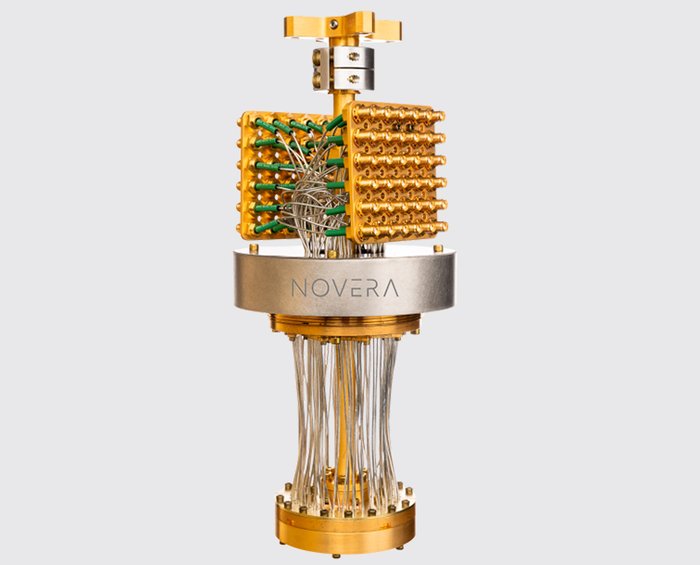
Connects decision-makers and solutions creators to what's next in quantum computing
JPMorgan Chase, QC Ware Reduce Hedging Risk with Quantum
Quantum deep hedging study could improve risk mitigation in other financial use cases

Quantum machine learning can train models for “deep hedging” – a data-driven AI model to reduce risk and set pricing for derivatives – more efficiently than classical computers alone, according to a new study.
JPMorgan Chase and quantum software and services company QC Ware used Quantinuum’s 20-qubit H1-1 quantum computer in the study, to prove that benefits can be demonstrated using today’s noisy intermediate-scale quantum (NISQ) hardware.
The researchers first examined whether existing classical deep hedging frameworks could be improved using quantum deep learning. Then they studied whether a new quantum framework could be defined for deep hedging using quantum reinforcement learning that considers market conditions and trading constraints.
The study found that deep hedging on classical frameworks using quantum deep learning enabled models to be trained more efficiently. It also demonstrated quantum’s potential for future computational speed-ups in financial services use cases.
It also showed that the quantum machine learning methods improved accuracy and trainability on high-performance GPU hardware, which could be helpful for financial services applications until commercial-scale quantum computers become available.
“As quantum computing continues to mature, JPMorgan Chase’s leading position will only be further solidified via future-ready algorithms that will produce continually improving results,” said JPMorgan Chase head of global technology applied research Marco Pistoia.
“We’re glad to be able to further optimize already sterling hedging strategies, not only to deliver value for investors but also to allow for more frequent and sophisticated hedging of positions in the market. This work helps to pave the way for the bank to incorporate quantum computing into its deep hedging.”
“We are taking deep hedging to its next logical evolutionary step,” said QC Ware head of quantum algorithms Iordanis Kerenidis.
“The results achieved with JPMorgan Chase demonstrate the huge potential and applicability of quantum machine learning, both today, by using quantum ideas to provide novel models with classical hardware, and also leveraging the continuously more powerful quantum hardware we anticipate in the future.”
About the Author(s)
You May Also Like
.png?width=100&auto=webp&quality=80&disable=upscale)
.png?width=400&auto=webp&quality=80&disable=upscale)




